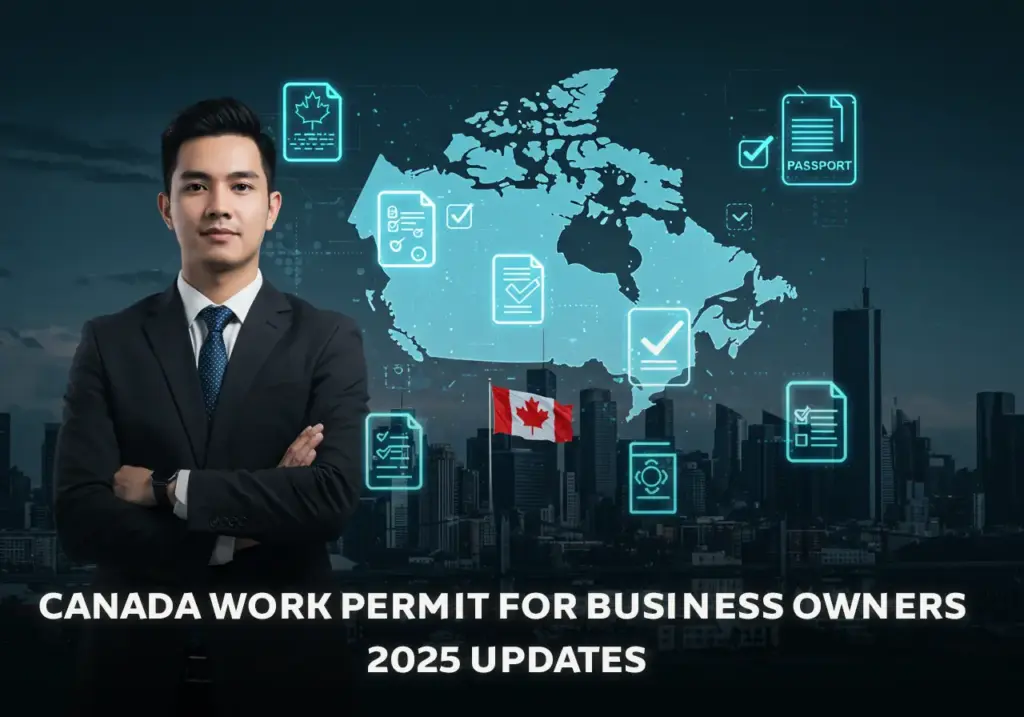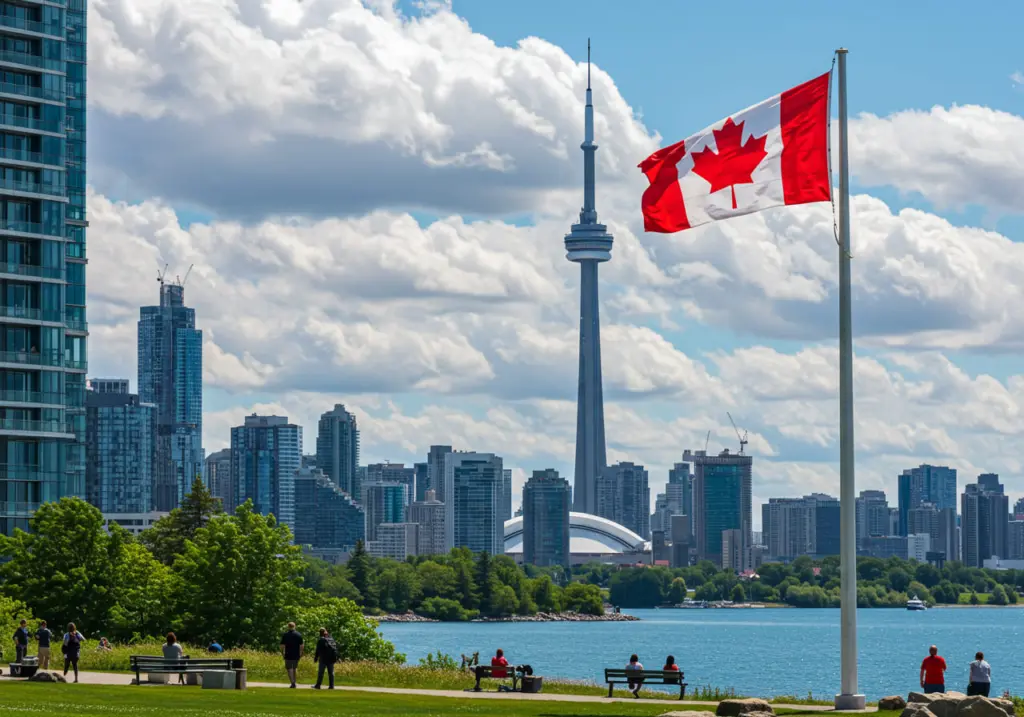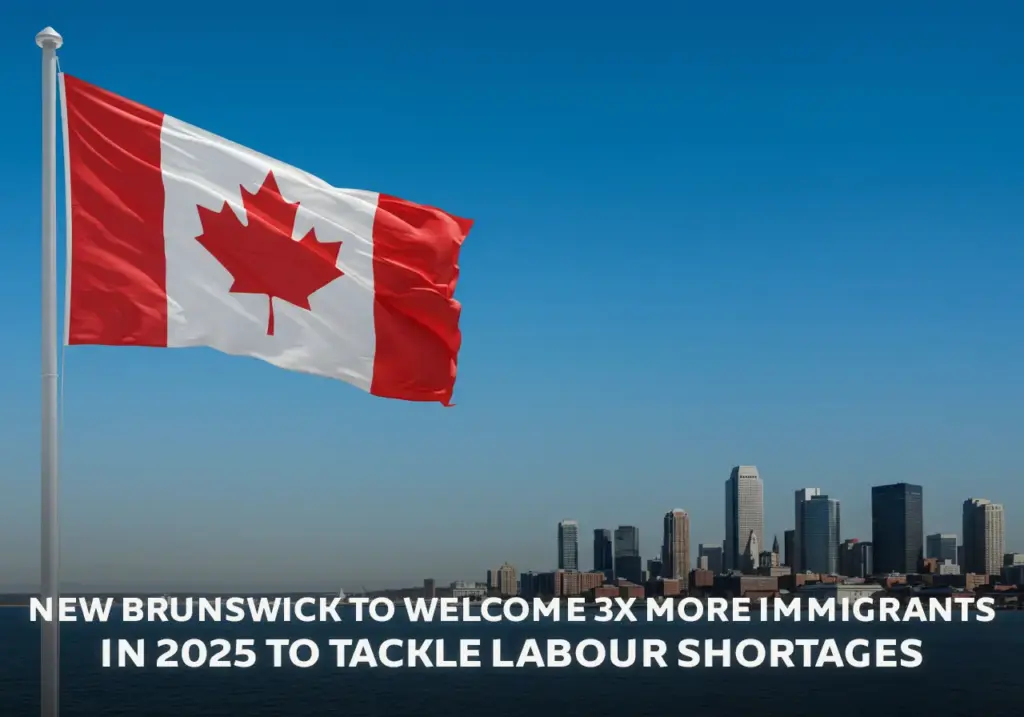7 Reasons for Student Visa Rejection in Canada: A Comprehensive Guide to Avoiding Rejection
For international students looking to continue their studies abroad, Canada is one of the most sought-after locations. However, it might be difficult to get a student visa to Canada, particularly if the application is not filed correctly. We will go into great depth about each of the many reasons why a student visa application could be denied in this post and the necessary Steps to take after Canadian visa rejection.

Reasons for Student Visa Rejection in Canada | How to avoid student visa rejection?
Understanding the typical grounds for rejection and how to respond to them is crucial if you want to prevent Student Visa Rejection in Canada. Gaining knowledge of these elements can help you improve your chances of getting a study visa with ease.
1. Insufficient Financial Evidence
In Canada, the most frequent cause for student visa rejections is inadequate financial documentation. Having the means to pay for their studies and living expenses while in Canada must be shown by the applicant. Providing bank statements, evidence of scholarship awards, or proof of family financial support are a few examples of this.
How to Avoid Rejection Due to Financial Evidence
Here are a few tips to avoid rejection due to financial reasons:
- Ensure that all required financial documents are provided clearly and comprehensively.
- Provide evidence of ongoing financial support, such as proof of continuous scholarships or parental income.
- Be precise in calculating living and study costs, and ensure you present enough funds to cover all expenses.
2. Unconvincing Study Plan
If the study plan is weak or the student is unable to provide a persuasive reason for their choice of program or university, their student visa may be denied. Examiners of student visas want to know if the applicant has well-defined academic objectives and a strategy for the future that supports their choice to study in Canada.
Find out if you are eligible to get in Canada →
How to Avoid Rejection Due to a Study Plan | Overcoming student visa rejection in Canada
Make sure to follow the following:
- In your statement of purpose, be specific and concise in describing your reasons for selecting Canada as your study destination and how the program will assist you in realizing your professional objectives.
- Explain your post-graduation goals, such as going back to your native country or going back to school.
- Make sure the study program you select fits with your background in both academia and the workforce.
3. Non-compliance with Previous Visa Conditions
The fresh student visa application may be denied if the applicant has previously visited Canada and disregarded the requirements of the visa. This involves breaking the law, working without a permit, and failing to abide by residency requirements.
How to Avoid Rejection Due to Non-Compliance
Ways to Prevent Rejection Owing to Non-Conformance:
- Ensure that all prior visa applications have a clean record.
- If there have been problems in the past, make an effort to explain them and offer proof that things have improved or changed.
- For the duration of your visit in Canada, abide by all rules and regulations of your visa.
4. Poor Fluency in French or English
Being able to communicate in either French or English is a prerequisite for getting a student visa to Canada. The application for a visa may be denied if the applicant is unable to produce documentation of their language ability, such as IELTS, TOEFL, or TEF scores.
How to Avoid Rejection Due to Language Skills
How to Prevent Rejection Owing to Language Proficiency:
- Send in the necessary language test results that satisfy the conditions set out by the educational institution.
- If you’re not sure how well you speak the language, you might want to take an intensive course before applying.
- If you are first turned down, be ready to show proof of your improved language abilities.
5. Failing to Convince the Consular Officer
In certain situations, the applicant’s failure to persuade the consular officer of their sincere desire to study in Canada may result in the student visa being denied. This includes submitting insufficient documentation or failing to give persuasive responses in the consular interview.
How to Avoid Rejection Due to Lack of Convincing
Ways to Prevent Being Rejected if You Can’t Make the Case
- Throughout the entire application and interview process, be truthful and transparent.
- For the consular interview, be well-prepared; think through possible questions and prepare succinct, well-reasoned responses.
- Send in the necessary paperwork in a precise and well-organized manner.
6. Weak Ties to the Home Country
If the candidate has close ties to their home country, it is one of the considerations taken into account while evaluating a student visa application. A visa application may be denied if the consular officer thinks the applicant would not return home after finishing their education.
How to Avoid Rejection Due to Weak Ties
Ways to Prevent Rejection Because of Weak Relationships:
- Give proof of your close ties to your native nation, such as job contracts, real estate ownership, or familial responsibilities.
- Describe in your statement of purpose how you intend to return home once your studies are over.
7. Criminal Records or Legal Problems
An application for a student visa may be denied due to legal problems or a criminal history. The purpose of this policy is to safeguard the Canadian community and guarantee that applicants have no criminal convictions.
How to Avoid Rejection Due to Legal Issues
Prevent Rejection Because of Legal Concerns:
- If a clean criminal record certificate is needed, make sure you submit it.
- Provide proof of your rehabilitation or a change in circumstances if you have a criminal past.
Experiencing a student visa rejection in Canada can be frustrating, but you can improve your chances of getting approved by knowing the typical causes of rejection and how to handle them. Verify that all necessary paperwork is submitted accurately, get ready for the consular interview, and study the conditions for obtaining a visa in detail.
If you are experiencing trouble with the application procedure, follow these tips to avoid Canada student visa rejection. Recall that getting a study permit and beginning your academic career in Canada depends on thorough planning and accuracy in your application.











